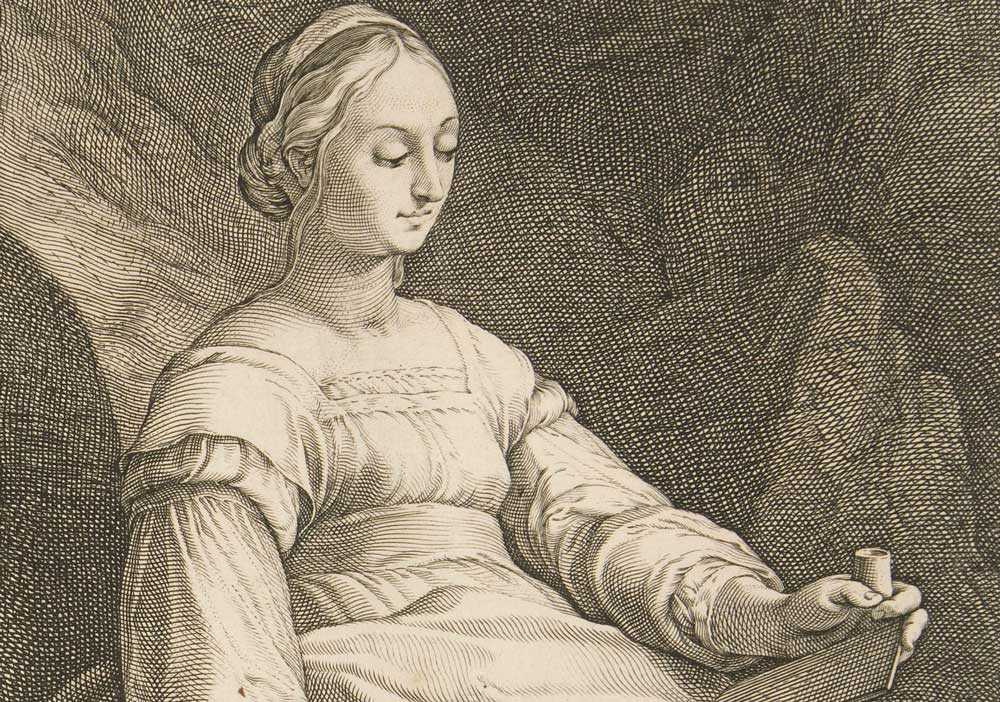Reflecting on the Past | History Today - 4 minutes read

In the last ten years, I’ve written some 50-odd columns for this magazine – enough words to fill a small book. They add up to a manifesto of how I think we should do history, the value of history in the public sphere, and the importance of historians. In this – my valedictory column – I ask your indulgence to analyse what I’ve been trying to say.
Unsurprisingly, I have demonstrated my belief that the study of history has the power to teach valuable lessons: that our discipline can engage both critical faculties and emotional facilities. The historical method provides us with a way of evaluating the torrent of information we receive in the present, while spending time with the people from history can hugely expand our capacity for empathy.
Certain specifics have detained me along the way: how people in the past reckoned time, celebrated Christmas and, in what seems to have been my most popular column of all, swore. I have expressed how heraldry can open us to ways of thinking in the past, and material culture – stuff – can help us understand people’s lives.
The link between the physical and the emotional has particularly preoccupied me when thinking about women. I have been, and still am, profoundly aware of the deep roots of the sexual exploitation of women, the bloody price paid by women’s bodies for humanity’s continuance and the historical silence around the menopause. I have praised the work of those raising to the surface the stories of women and other groups dispossessed by history. Working out how we refrain from colluding in their dispossession has potential to reshape the nature of history itself. Part of this comes from ensuring that those telling the stories of the marginalised are not themselves marginalised: I’ve argued for the equal treatment of women historians – and for the purchasing of their books. I suggested a prize for women’s non-fiction in April 2022; how cheering it is to see the Women’s Prize for Fiction announce their intentions for one early this year.
Again and again, I have returned to one of the central questions of my professional life: how, as historians, can we be both researchers and disseminators of history? Pondering the challenges of writing history for television, making historical films and interpreting history in museums and heritage sites, I have reflected on how historians must stretch themselves between the archives and the public sphere. This can feel like one is a threadbare rope bridge spanning an ever-eroding gorge.
I’m also concerned with how that question is manifested in the way we write history. By writing narrative history based on historical research, does one end up creating ‘a sort of romance laden with footnotes, a novel dragging an academic ball and chain’ (as one reviewer said of a book by Natalie Zemon Davis, no less)? Or is that to propose a destructive bifurcation between two disciplines that ought to be conjoined, following Macaulay’s judgement that ‘a truly great historian would reclaim those materials which the novelist has appropriated’? It has often been done badly, of course: history written like a novel that perpetuates small fibs, takes liberties with the evidence and evinces an uncritical engagement with the sources. How can one do it well? I am still grappling with many of the questions I have raised over the years: how much should the historian show her workings? Is it possible to be both a detective and a storyteller? Simply put, can one both research and write well? Pick up Jessie Childs’ latest book, The Siege of Loyalty House, and the answer is emphatically ‘yes’, but it’s hard. It must be, or everyone would be doing it.
Perhaps my especial hobbyhorse has been a rather exacting emphasis on professionalism of practice. I dislike disingenuous book endorsements and have given a guide to detecting what a reviewer really thinks. I am immoderately fond of a good footnote. I have championed a code of conduct for historians. But what this all boils down to in the end is a rather old-fashioned sense that our job, first and last, is to strive to tell the truth about the past, as far as we are able. And that’s what I’ll continue, imperfectly and elsewhere, to try to do.
Suzannah Lipscomb is author of The Voices of Nîmes: Women, Sex and Marriage in Early Modern Languedoc (Oxford University Press, 2019), host
of the Not Just the Tudors podcast and Professor Emerita at the University of Roehampton.
Source: History Today Feed